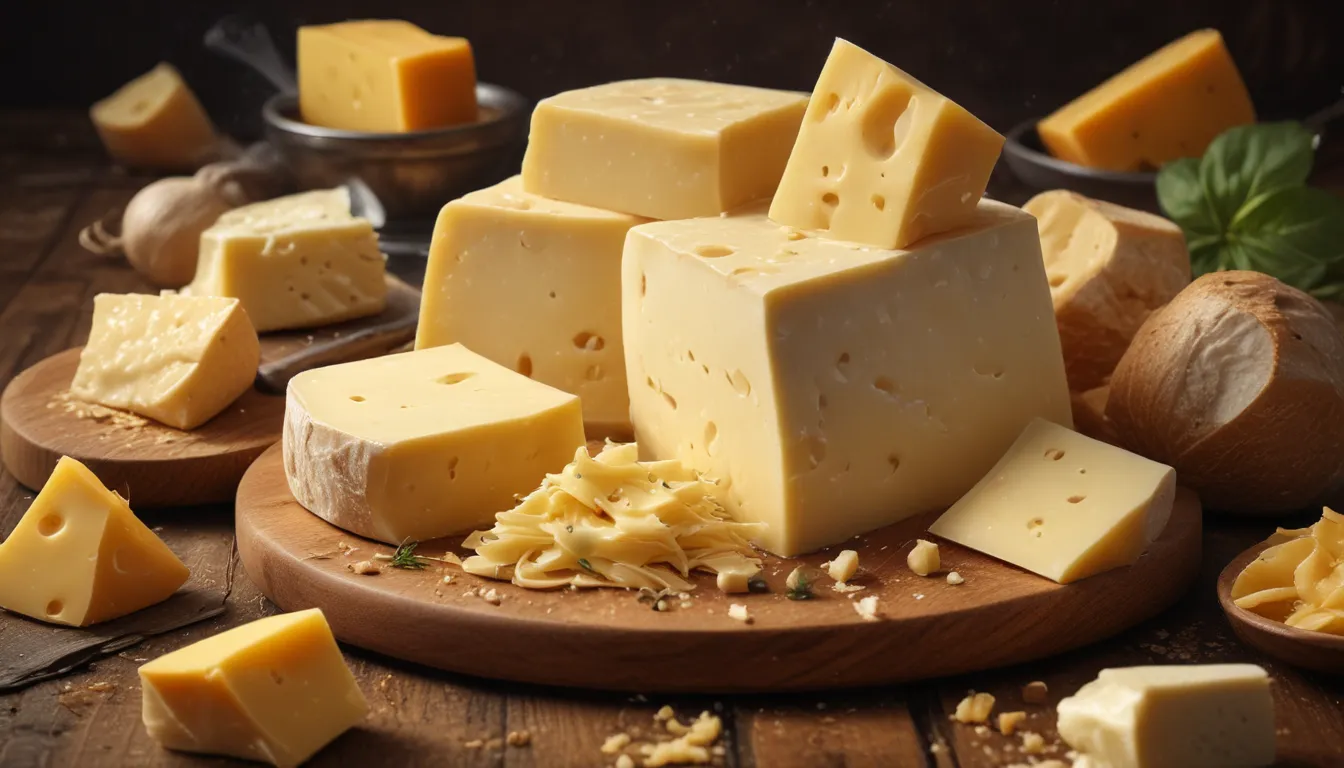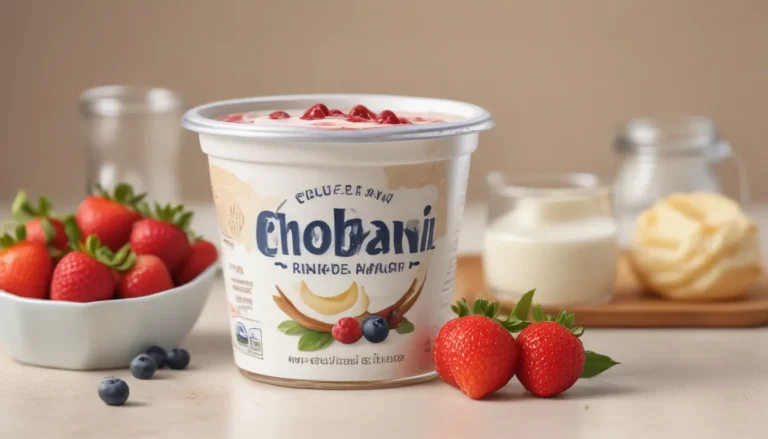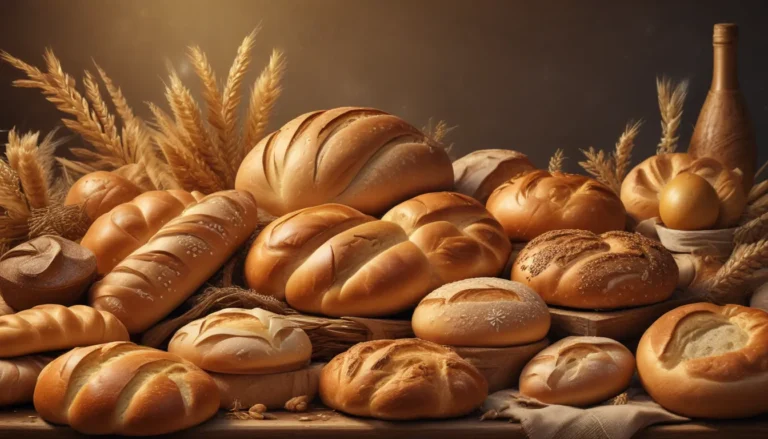The pictures in our articles might not always show exactly what the text is talking about. We use these images to make the article more interesting and eye-catching. They are there to add to the text, but not to replace it or show every detail.
Parmesan cheese, with its rich flavor and granular texture, has captured the hearts of food enthusiasts around the globe. This iconic Italian cheese has a fascinating history and unique characteristics that set it apart from other types of cheese. In this article, we will embark on a journey to uncover 13 intriguing facts about Parmesan cheese, from its origins in Italy to its strict production process. By the end of this exploration, you will gain a deeper appreciation for this culinary gem that has endured the test of time.
Unlocking the Essence of Parmesan Cheese
- Parmesan Cheese: A hard Italian cheese made from cow’s milk, aged for at least 12 months, and produced in specific regions in Italy. It’s lactose-free and pairs well with various foods.
- Versatile Ingredient: Parmesan cheese is a versatile, long-lasting ingredient rich in calcium and protein. Its production dates back over 800 years and is protected by law, ensuring its quality and authenticity.
The Journey of Parmesan Cheese
Made from Cow’s Milk
Parmesan cheese, also known as Parmigiano-Reggiano, is a hard Italian cheese crafted from cow’s milk. Its nutty and rich flavor make it a popular choice in many culinary delights.
Aged to Perfection
The aging process of Parmesan cheese is crucial to develop its distinct flavor and texture. Authentic Parmesan is aged for a minimum of 12 months, with some varieties aging for up to 36 months.
Distinctive Origin
True Parmesan cheese is produced in the regions of Emilia-Romagna, Lombardy, and Veneto in Italy. Strict regulations govern its production to ensure quality and authenticity.
Milk Magic
The production of Parmesan cheese is labor-intensive, requiring about 550 liters of cow’s milk to craft a single wheel of this delectable cheese, weighing approximately 38 kilograms.
Embracing the Unique Qualities of Parmesan Cheese
Lactose-Free Marvel
Contrary to popular belief, Parmesan cheese is practically lactose-free. During the aging process, lactose in the milk transforms into lactic acid, making it safe for individuals with lactose intolerance.
Delectable Pairings
Parmesan cheese’s intense flavor elevates various dishes, from pasta and risotto to salads and soups. It also complements fruits, nuts, and even dark chocolate.
Nutritional Benefits
Beyond its delicious taste, Parmesan cheese is a nutritional powerhouse, boasting calcium for strong bones and teeth, and protein vital for muscle health and repair.
Unveiling the Timeless Charm of Parmesan Cheese
Aromatic Revelation
Grating Parmesan cheese releases its enticing aroma, enhancing the sensory experience of your meal and adding depth to your dishes.
Heritage of Craftsmanship
The production of Parmesan cheese traces back over 800 years to the Middle Ages. Centuries of refinement ensure the consistent quality and taste cherished today.
Protected Designation of Origin
True Parmesan cheese, or Parmigiano-Reggiano, holds Protected Designation of Origin (PDO) status. Only cheese produced in designated regions using traditional methods earns this prestigious label.
Embracing the Culinary Versatility of Parmesan Cheese
Culinary Marvel
Parmesan cheese is a culinary chameleon, enhancing sauces, spreads, and dishes like Chicken Parmesan. Its versatility in cooking offers endless possibilities in the culinary realm.
Long Shelf Life
With its low moisture content, Parmesan cheese boasts a long shelf life compared to other cheeses. Properly stored in the refrigerator, it can retain its flavor and texture for several months.
Conclusion: A Culinary Treasure
Parmesan cheese transcends being a mere topping - it is a culinary treasure that enriches every dish it graces. Its meticulous production process, adherence to strict regulations, and distinctive qualities make it a favorite among epicureans worldwide. So, as you savor the salty and nutty flavors of Parmesan cheese, remember the intriguing facts that make it a timeless delight.
FAQs for Parmesan Cheese Enthusiasts
- Production Process: How is Parmesan cheese made?
- Differentiation: Is Parmesan cheese the same as Parmigiano-Reggiano?
- Lactose Tolerance: Can people with lactose intolerance consume Parmesan cheese?
- Storage: How long can Parmesan cheese be stored?
- Freezing: Can Parmesan cheese be frozen?
- Substitutes: Are there substitutes for Parmesan cheese in recipes?
Feel free to dive into the fascinating world of Parmesan cheese with confidence, armed with knowledge about its origin, production, and culinary applications. Explore a world of culinary delights with Parmesan cheese as your guide, enriching your dining experiences with its timeless charm and delectable flavor.






